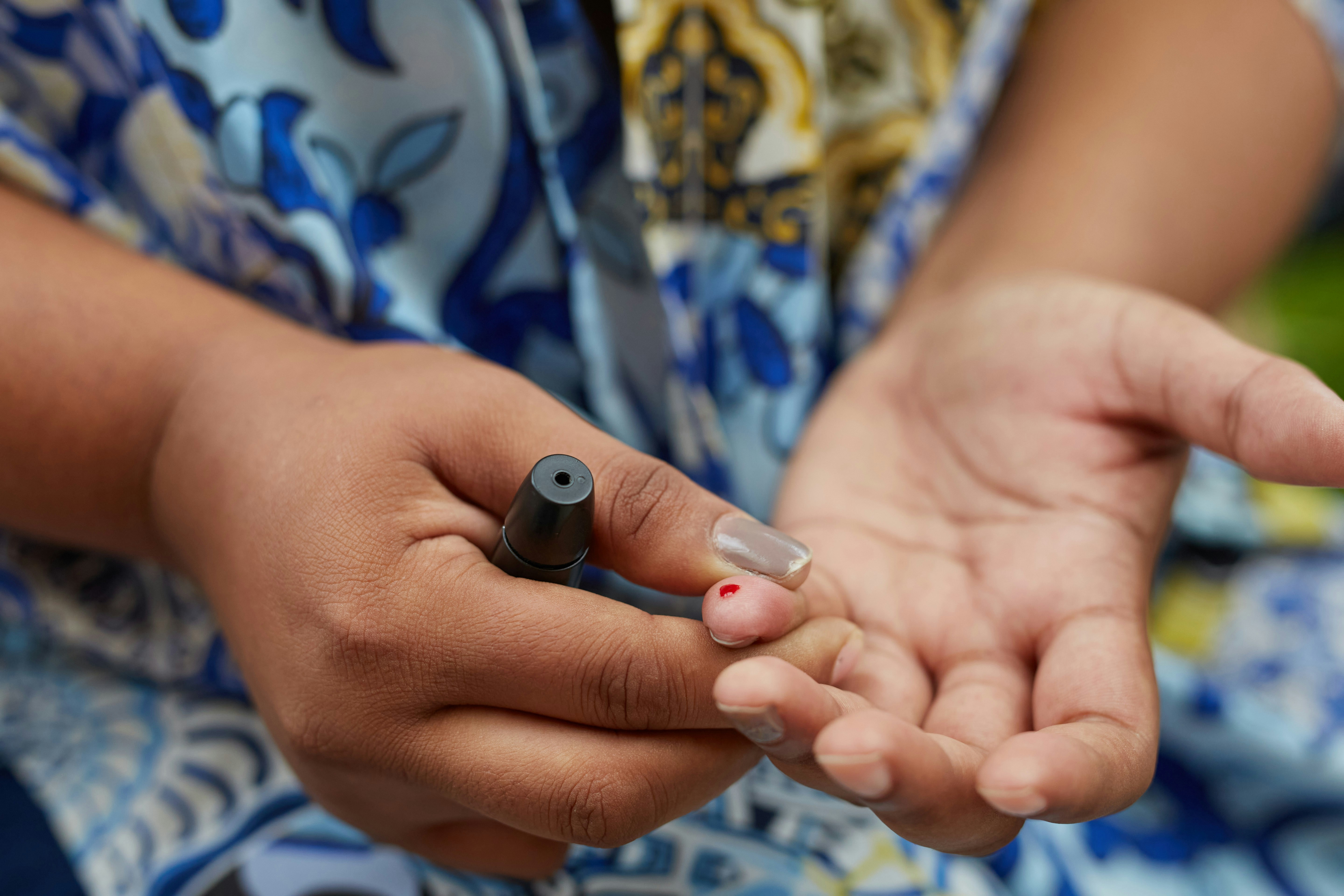Media release
From:
Point-of-care testing (POCT) devices are used to obtain rapid medical diagnostic test results near to, or at, the patient’s bedside. Examples of POCT devices include: rapid antigen test kits for COVID-19, urine pregnancy test kits and glucose meters for monitoring diabetes. These POCT devices are not regulated in New Zealand and faulty devices have been supplied to public hospitals (and may also be available on the internet). This paper calls for POCT devices to be regulated and checked for
accuracy, so that quality assured devices are supplied to hospitals and to the public, in the interests of patient safety.



 New Zealand
New Zealand


